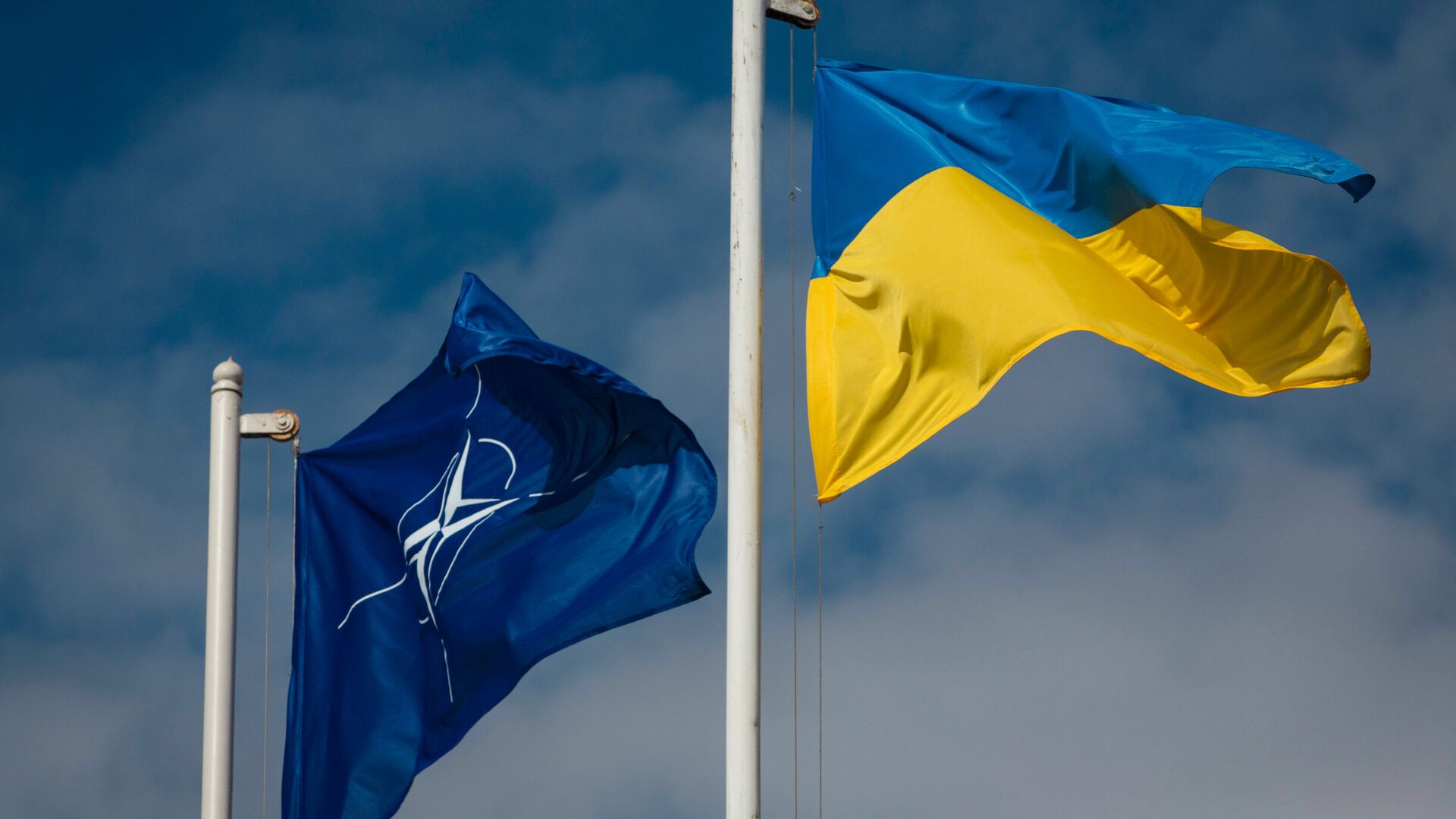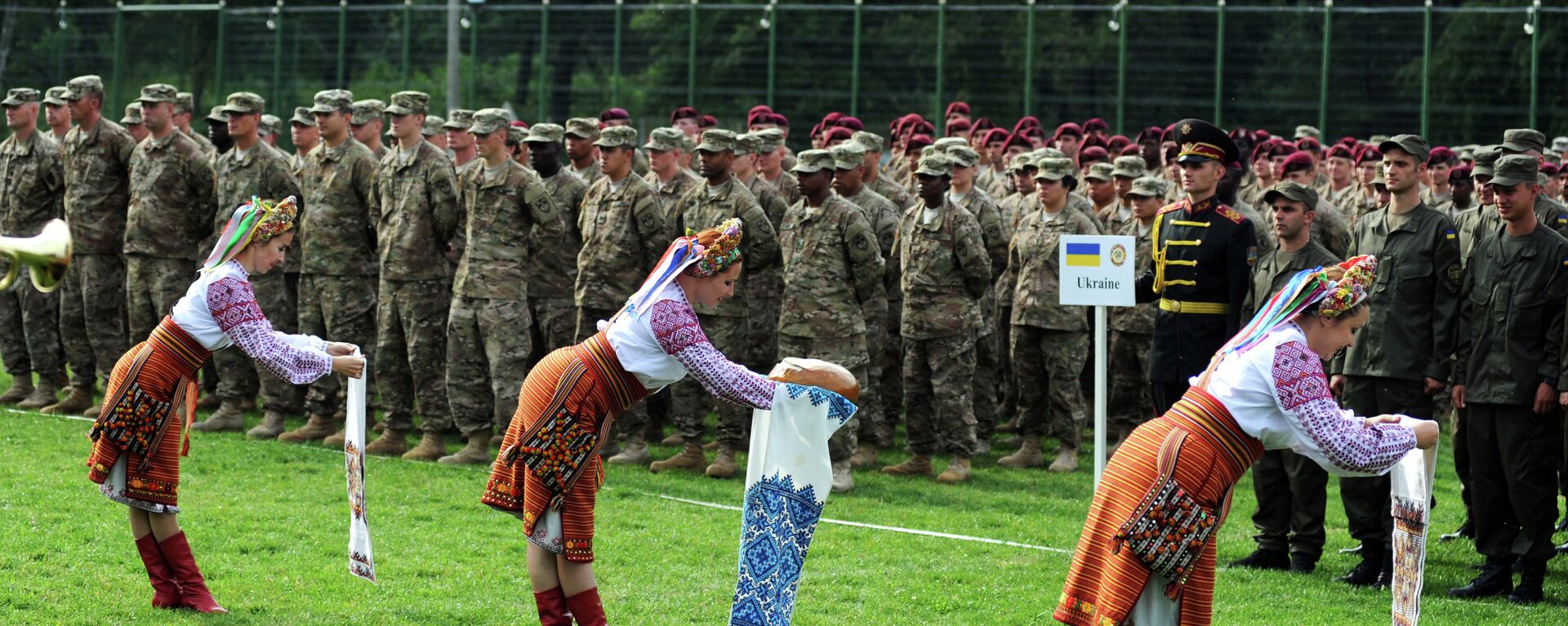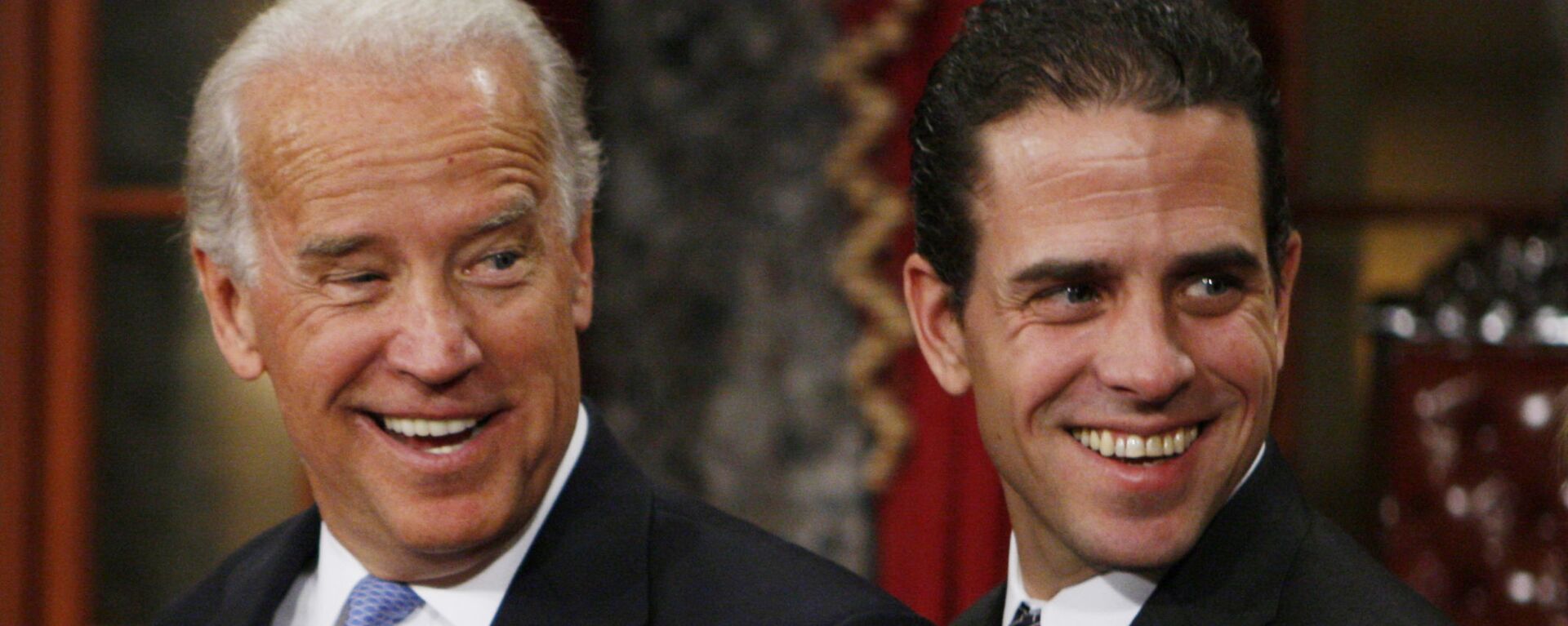The Ukrainian government has “corrected the record” and altered Kiev’s official statement on Monday’s telephone conversation between Joe Biden and Volodymyr Zelenskiy after initially “mischaracterising” Biden’s remarks, Axios reports, citing a US National Security council spokesperson.
The original statement, published on Monday evening, claimed that Biden “highlighted…the importance of providing the Ukrainian state with a NATO Membership Action Plan,” – or MAP, the mechanism by which current alliance members review the formal applications of aspiring members.
The statement was modified after the White House denied that the president had expressed support for a MAP for Ukraine, and now reads that it was Zelenskiy who “stressed the importance of providing the Ukrainian state with a NATO Membership Action Plan,” and that Biden only “assured that Ukraine’s position will be taken into account when discussing strategic issues in NATO.”
On Sunday, Zelenskiy urged the issue of Ukraine’s accession to NATO to be addressed “immediately”, and complained that many Ukrainians “don’t believe…as strongly as they used to” in the country’s prospects for joining the Western alliance amid a lack of action by current members on the matter.
NATO formally recognised Ukraine as an ‘enhanced opportunities partner’ in late 2020, and its members have been providing Kiev with weapons and training support since the 2014 pro-Western coup d’état and the civil war in the country’s east. Ukrainian authorities have been seeking to sign a MAP with the alliance since 2017, and have used various forms of diplomatic pressure – up to and including warnings that the country might pursue nuclear weapons if it is not accepted into the alliance, to speed up the process.
Under NATO rules, countries suffering from civil war or with territorial disputes with neighbours are not eligible to join the alliance. Membership also formally requires the functioning of a Western-style liberal democratic system and a market economy, and the fair treatment of minority populations. These rules have occasionally been bent, however, with Turkey and Greece admitted into the alliance in 1952 despite territorial disputes, and their rule by autocratic or military governments throughout much of the second part of the 20th century. The same applied to Portugal, which became a founding member of the alliance in 1949 despite being ruled by dictator Antonio de Oliveira Salazar.




